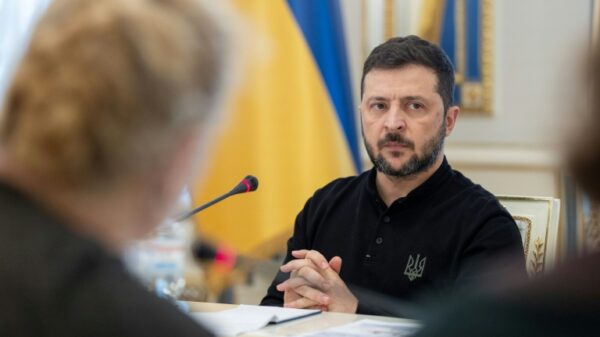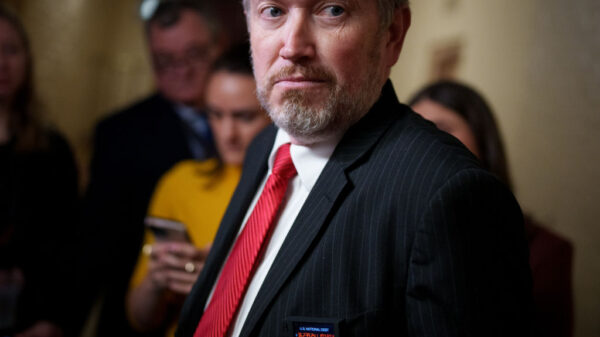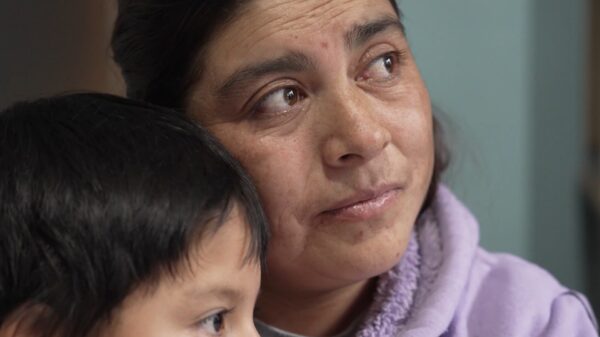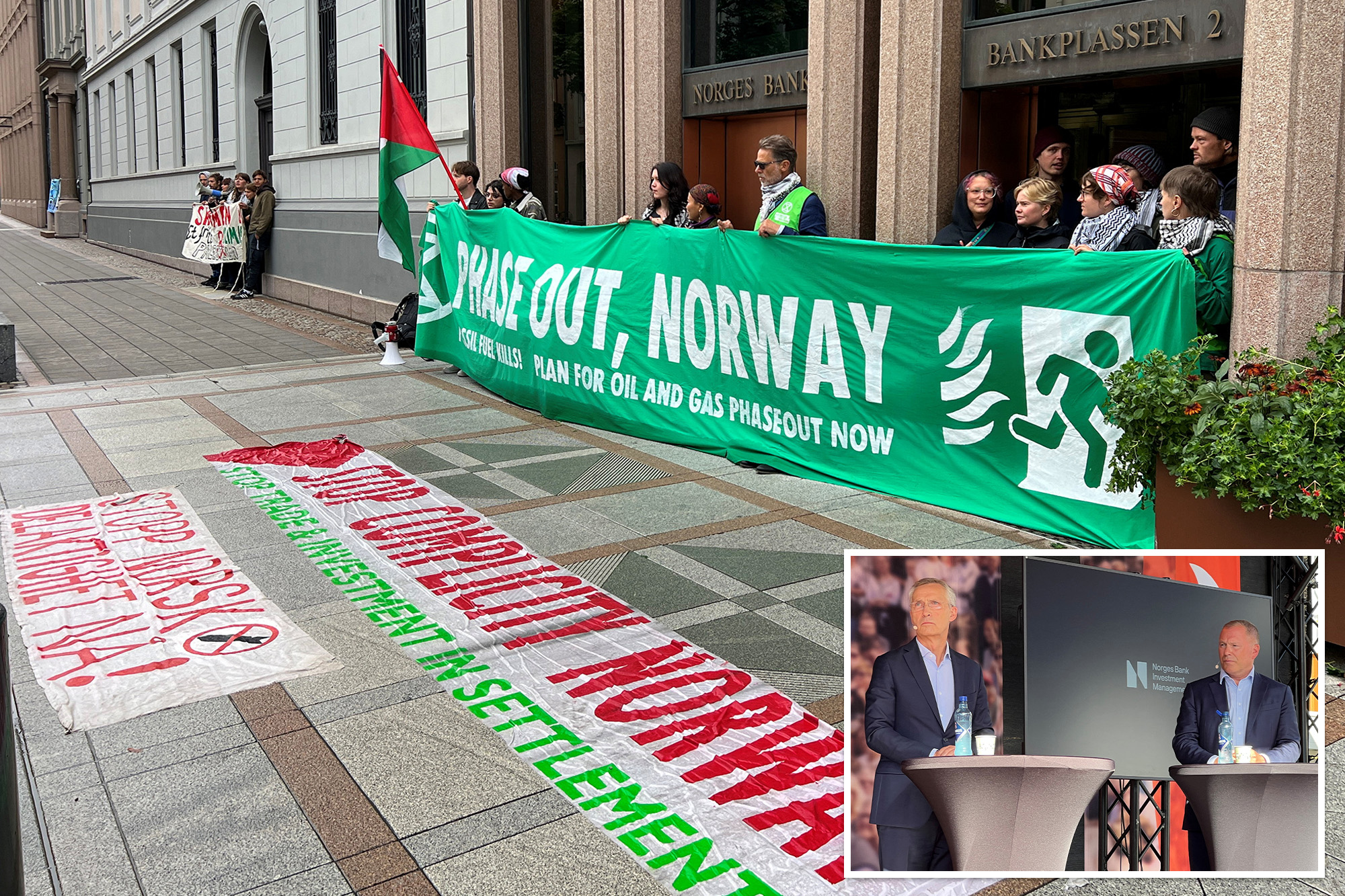Investments in Israel have emerged as a focal point in Norway’s election campaign, influencing discussions about the operations of the world’s largest sovereign wealth fund. As the September 8, 2023, elections approach, the debate over these investments could significantly impact which party assumes leadership in the next government.
Right-wing parties, including the Conservatives, Progress Party, Liberals, and Christian Democrats, are projected to secure 85 seats, just one above the number required for a parliamentary majority, according to an average of polls conducted by pollofpolls.no throughout August. This increasing pressure on the incumbent Labour Party has been amplified by the left-wing Socialist Left, which has stated it will only support a future Labour government if it divests from all companies involved in what they describe as “Israel’s illegal warfare in Gaza.” While the Labour Party has dismissed this demand, it could be difficult to ignore such calls post-election.
Fund’s Leadership Faces Scrutiny
The CEO of the fund, Nicolai Tangen, described the situation as his “worst ever crisis,” in a recent interview with the Swedish daily Dagens Industri. He emphasized the importance of maintaining public trust in the fund’s operations. Despite these challenges, Tangen ruled out stepping down, asserting that he has adhered to the fund’s mandate as established by parliament.
Since June 30, the fund has divested from 23 Israeli companies, following revelations that it had acquired a stake in a jet engine firm that maintains Israeli fighter jets. Prior to this, the fund had only divested from two Israeli companies during the preceding conflict. As of August 14, it held stakes in 38 companies worth 19 billion NOK (approximately $1.85 billion), spanning sectors such as banking, technology, consumer goods, and industrials. Finance Minister Jens Stoltenberg indicated on August 18 that further divestments are anticipated.
Advocates of divesting from Israel argue that Norway’s investments contribute to violations of international law in the occupied Palestinian territories. They also contend that the fund’s formal divestment process, dictated by parliamentary ethics guidelines, is excessively slow. Conversely, supporters assert that this process is essential for fairness, cautioning against singling out specific countries, which may breach ethical standards.
Fund’s Global Impact and Ethical Dilemmas
The sovereign wealth fund manages Norway’s oil and gas revenue, amounting to $2 trillion, equivalent to about 355,000 NOK for every Norwegian citizen. Generally, its operations maintain a low profile, a status that is currently at risk due to the heightened scrutiny surrounding its investment strategies.
Traditionally, Norway’s four largest political parties work together to establish a “supermajority” for any changes to the fund, thereby avoiding fluctuations with every government transition. Mahmoud Farahmand, a lawmaker from the opposition Conservatives, noted, “The more visible this fund is out in the world, the higher the risk to its reputation.”
Despite assurances from fund officials that they can navigate the current public challenges, internal concerns remain. Minutes from a previously undisclosed meeting on December 6, obtained by Reuters through a freedom of information request, reveal discussions among the fund operator, Norges Bank Investment Management (NBIM), the Council on Ethics, and the finance ministry regarding the delicate balance between ethical investment and avoiding perceptions of political bias. The Council pointed out that companies with dominant state ownership could complicate the fund’s operations by politicizing its recommendations.
The finance ministry did not respond to requests for comments regarding these concerns.
In public discourse, Finance Minister Stoltenberg has faced unusual criticism from the Standing Committee on Scrutiny and Constitutional Affairs for his responses to parliamentary inquiries. Peter Froelich, the committee’s head and an opposition lawmaker, described Stoltenberg’s responses as “the most arrogant” he has encountered in four years.
The fund adheres to ethical guidelines established in 2004 by former Conservative Finance Minister Per-Kristian Foss and continued by his left-wing successor, Kristin Halvorsen. These guidelines prohibit investments in companies engaged in serious human rights violations during conflicts. Halvorsen stated, “Public support for saving money this particular way is dependent on the ethical guidelines being followed.”
Former Prime Minister Erna Solberg, who led the country from 2013 to 2021, emphasized the importance of maintaining political neutrality in the fund’s investments. She stated, “Having this principle that investments are done without political influence has been important for us.”
During a town hall meeting in Arendal earlier this month, Stoltenberg acknowledged that the fund has faced challenges throughout its history, stating, “We will be confronted with challenges sometimes. We have been in the past, we are now, and we will be in the future.” He concluded by highlighting Norway’s unique success in managing natural resource revenues responsibly over the past three decades.







































































